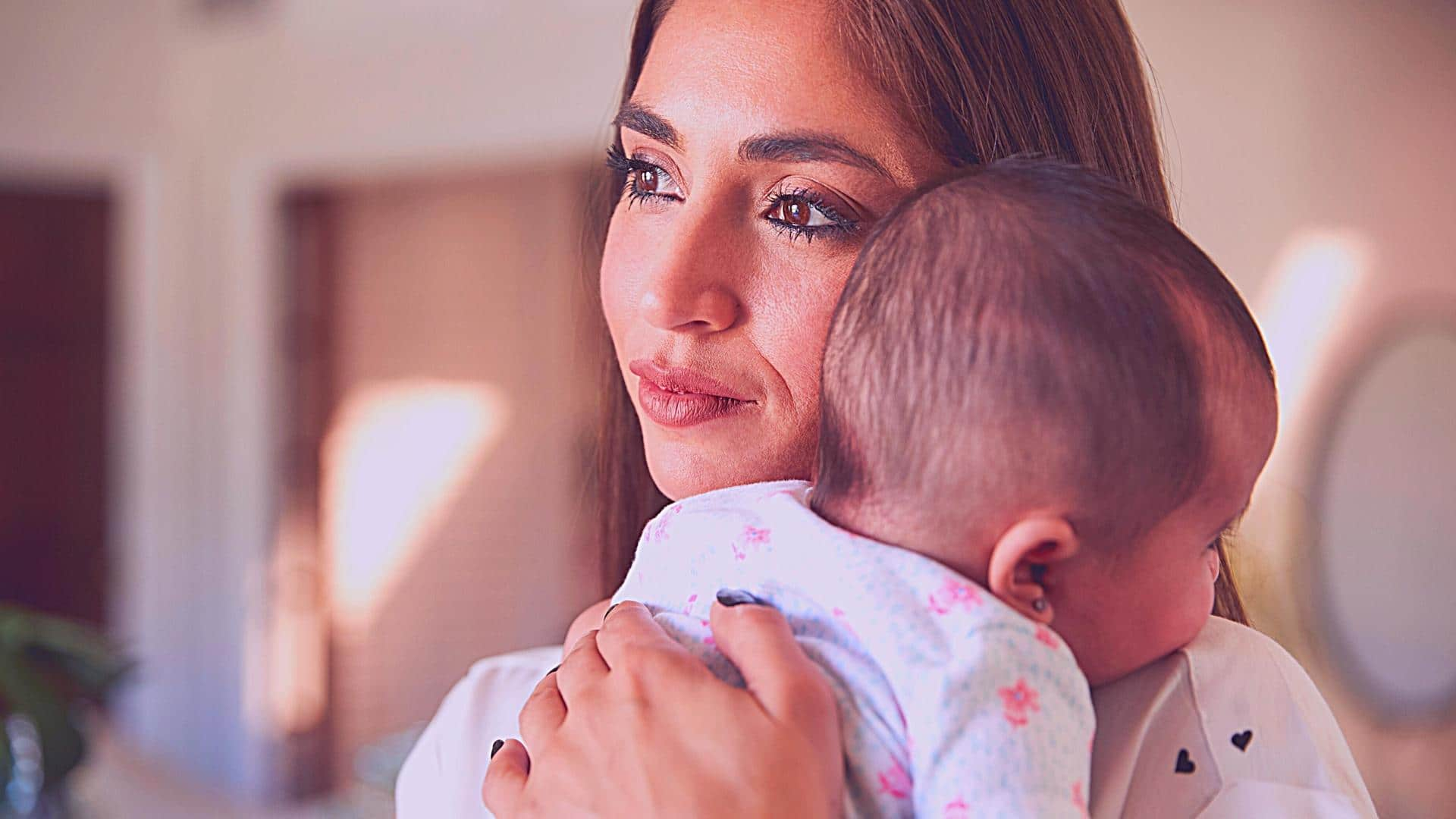
Birth traditions in Japan, Germany, Turkey, Brazil, and Indonesia
What's the story
United by nature, divided by traditions. Giving birth to a baby is a universal process, however, different countries have different celebrations to welcome the newborn. And believe us, each culture has a distinct set of traditions in place that are performed at the arrival of a baby. Today, let's check out some birth traditions in Japan, Germany, Turkey, Brazil, and Bali.
First cry
Japan
Japanese women believe in enduring labor pain as a test to prepare for the difficulties of motherhood, hence, they don't take painkillers. After the delivery, they stay at their parent's house with the newborn for at least a month and rest in bed for 21 days. Nakizumo, a crying contest organized annually has babies held by sumo wrestlers. Whoever cries first is the winner.
Information
The Japanese believe in encouraging crying babies
The Japanese believe that babies who cry loud and often are healthier and will grow much faster. Therefore, they organize Nakizumo, a baby crying contest, to see which baby cries first and louder.
Name game
Germany
People in Germany have to stick to a list of names approved by the government when filling out their child's birth certificate. If a name is not on the list, they must make a strong case as to why the government should approve the name. If rejected, parents have to change it and pay a fee. Names must clearly tell the baby's gender.
Candies and eggs
Turkey
Moms of newborns in Turkey are fed with lohusa serbeti, a concoction made using water, sugar, cloves, cinnamon, and red food coloring. They both stay at home for 20 days after the delivery. Post that, both visit the homes of friends and relatives where the baby is gifted candies and eggs. Additionally, they also rub flour on the baby's eyebrows and hairline.
Unique
Brazil
Unlike in most countries where the newborn is gifted, Brazil's birth traditions include the new mom gifting presents to those visiting her and her baby in the hospital. She gifts them small items like candies or souvenirs, including a note from the baby thanking them for visiting. Newborns are also dressed in red clothes as it is believed to keep evil spirits away.
God-like
Bali, Indonesia
When a baby is born in Bali, Indonesia, its placenta is cleaned, put inside a sealed container, wrapped in a white piece of cloth, and buried outside its home. The placenta is believed to be alive and considered almost like a twin sibling of the newborn. Babies are treated like gods there, so their feet can't touch the floor for 210 days from birth.